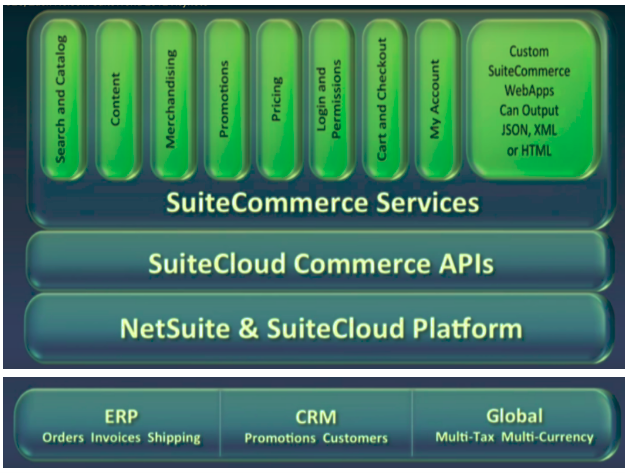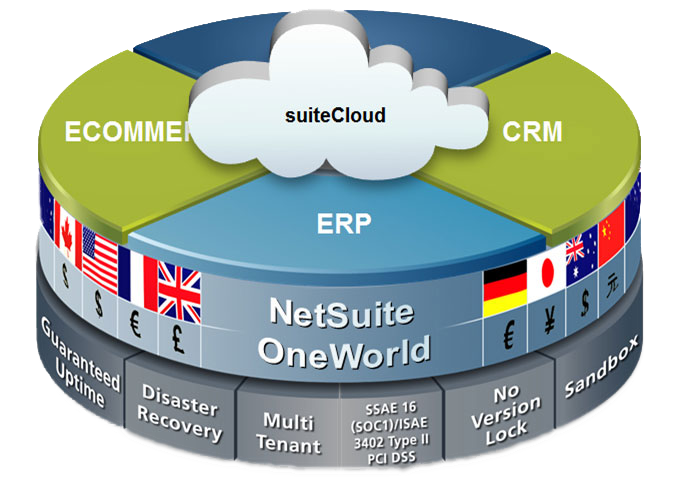Company growth requires developing new relationships with different entities in the market besides customers. Doing business is not only about making sure the end client gets your product or service (and pays for it) but also building solid business relationships with other entities such as vendors, partners, resellers, distributors, and more.
Each type of entity that transact with your company is looking for specific things from you – from products and services to resources and reporting. For example, a distributor needs your products but also is looking for your marketing assets that will help them better sell your offering; or a partner is looking to interact with your company through specific business flows, as well as looking to get visibility on commissions reporting.
Given that the nature of who they are and how they transact with your company is different from one type to another, plus they’re looking for their own specific content and flows, they require your company to think of a better way to serve them. If you want to grow and develop these relationships with different entities you need to provide them with an application that will make it easier to transact with them.
In addition, if you choose the right solution you can also gain efficiencies and automate some of the manual processes that require dealing with these entities.
Looking for the right solution
Although I believe the majority of available solutions don’t do a great job, in the market you can find many different online tools for companies that want to have an online portal tailored to cater each type of entity. Or, in many cases I’ve seen many companies build their own homegrown applications.
With some exceptions, in my experience, I find many of them with poor user experience (UX). Keep in mind that the idea behind implementing such a tool should be not only automating some of the manual processes involved in managing these entities but also grow the relationship and the business each generate. It’s critical, that the application it’s easy to access, navigate, transact and report.
Keep in mind each entity is no other thing that single business user trying to transact with your company. So make sure the solution has a great UX tailored to the users’ profiles and needs.
Great UX comes with great user interface design that makes the solution easy to use and help the business user accomplish what they are trying to do in the easiest and simplest way possible. But UX is also about providing the right content at the right time…
For example, as a partner I want to login to the partner portal to see my real-time generated commissions; or as a distributor I want to see open balance and how far I am from my credit limit; or as a reseller I want to see the shipping status of my last sales.
This is where many of these online tools fail the most – providing valuable real-time content at the right time. The reason? They are disconnected (fully or partially) to the company’s ERP.
Why SuiteCommerce Portals
This takes me back to SuiteWorld 2012 when the SuiteCommerce concept was first introduced by former NetSuite’s CEO Zach Nelson. SuiteCommerce was explained in the most simple yet powerful way – SuiteCommerce is NetSuite’s commerce platform.
 SuiteWorld 2012 Keynote screen capture as Zach Nelson introduces SuiteCommerce.
SuiteWorld 2012 Keynote screen capture as Zach Nelson introduces SuiteCommerce.
I guess nowadays, in the collective mind the meaning of SuiteCommerce is associated maily to the ecommerce shopping cart product (SuiteCommerce Advanced and SuiteCommerce Standard). In my mind that’s just because NetSuite pushed these shopping cart products strongly to the market as they are easier licenses to sell rather than selling an online portal tailored to each entity.
But let’s not be naive, if your company is running on NetSuite then what’s under the hood (the one you are sitting on right now) it’s so powerful that it can transform forever the way you do business with different entities.
SuiteCommerce has always been a commerce platform that is even more powerful than the applications of a standard shopping cart. Fortunately, a few companies (such as GoPro building a B2B portal) already got a taste of it and took the chance by building their own SuiteCommerce portals.
These companies are building SuiteCommerce portals leveraging the use of a compelling UI frontend with full back-end operational capabilities – all built using one-single application, NetSuite.

By creating responsive designed portals (that allow easy access and use in desktop, tablet and phone devices), presenting tailored user interfaces including custom business flows and providing entities with real-time data, preferred pricing, merchandising, promotions, these companies are one step ahead of completing the omni-channel journey… and way ahead of their competitors.
Here are a few of the most common SuiteCommerce portals:
B2B Customer Portal: Branded portal targeted to distributors and retailers for ordering, manage account balance, make payments, reorder, create shopping lists and more.
Partner Portal: Self-service partner portal with delegated administration and projects, cases, events, commission, account management.
Vendor Portal: Portal with contract management, onboarding tools, POs, invoices, bills generation, requests for quotation and auctions capabilities.
Beyond these examples you can use SuiteCommerce portals for many different type of applications such as an Exhibitors Portal or Event Ticketing if your company runs trade shows, or Student / Teacher Portal if your company runs educational events, or any other application you can imagine.
The good news for you is that you are already paying for these capabilities even if you didn’t know they existed within your SuiteCommerce package. If you want to take the chance to build scalable SuiteCommerce portals to help automate your internal processes, gain efficiencies and help growing existing business relationships with your business users contact us to explore your portal needs.






